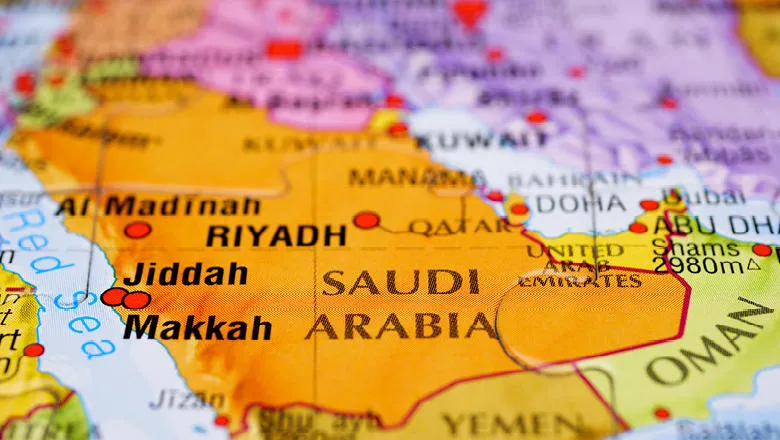04 September 2018
Few benefits for UK from security relationship with Saudi Arabia
New research contradicts the UK government’s claims of influence over the Gulf state

The UK gains little from its controversial defence and security relationship with Saudi Arabia, according to a new report from the Policy Institute at King’s College London.
The findings contradict the UK government’s claims that the relationship enables it to exert significant influence over the Gulf state’s policies and actions in the Middle East.
The report, Security cooperation with Saudi Arabia: Is it worth it for the UK?, argues that Saudi Arabia in fact influences the UK’s actions, rather than the other way around. It cites the UK government’s history of covering up allegations of corruption related to arms deals with the country, and the Home Office’s decision last year to withhold publication of a report into terrorist financing that would have reflected poorly on Saudi Arabia.
The authors also find limited economic benefits for the UK from its ties with the country. Exports to Saudi Arabia represented just 1% of the UK’s total exports in 2016, while it is estimated that arms sales bring in just £30 million for the Treasury – equal to 0.004% of its total revenue in 2017.
The report further questions the reputational cost of the relationship for the UK, citing the contentious Saudi-led military campaign in Yemen which has drawn international criticism and resulted in three-quarters of the Yemeni population requiring humanitarian assistance or protection since 2015.
Armida van Rij, Research Associate at the Policy Institute, said:
"While we have found scant evidence that the UK’s security relationship with Saudi Arabia buys it any influence over the country’s actions, or that this relationship is economically beneficial for the UK, there is plenty of evidence that Saudi Arabia is an oppressive regime that commits human rights abuses on a regular basis. The government should consider whether these very clear costs of being associated with Saudi Arabia outweigh the supposed benefits."
Funded by the Remote Warfare Programme of the Oxford Research Group, the report calls for greater transparency with regard to the UK’s security relationship with Saudi Arabia, as not enough is known to justify the importance currently placed on the relationship by the UK government.
The authors argue that by providing diplomatic cover for an autocratic regime with a poor human rights record, the UK’s position on Saudi Arabia is in conflict with its role as a defender of the international rules-based order – a role that has been affirmed as a key part of the government’s "Global Britain" agenda post-Brexit.
Since becoming Crown Prince of Saudi Arabia in 2017, Mohammad bin Salman has instituted a range of reforms seen by some as liberal and progressive. Under his rule however, the county has become increasingly militarised, seeking to expand its influence in the Middle East and reduce dependence on foreign suppliers of arms and defence equipment.
Dr Benedict Wilkinson, Senior Research Fellow at the Policy Institute, said:
"With the UK government looking to establish new bilateral relationships and strengthen existing ones as part of its “Global Britain” agenda post-Brexit, now is the time for it to review and critically assess the UK’s ties with Saudi Arabia, and reflect on whether they embody the values that it wishes to promote around the world."
The findings of the report will be discussed as part of an event on the UK-Saudi Arabia relationship at Chatham House at 6pm on Tuesday 4 September.
